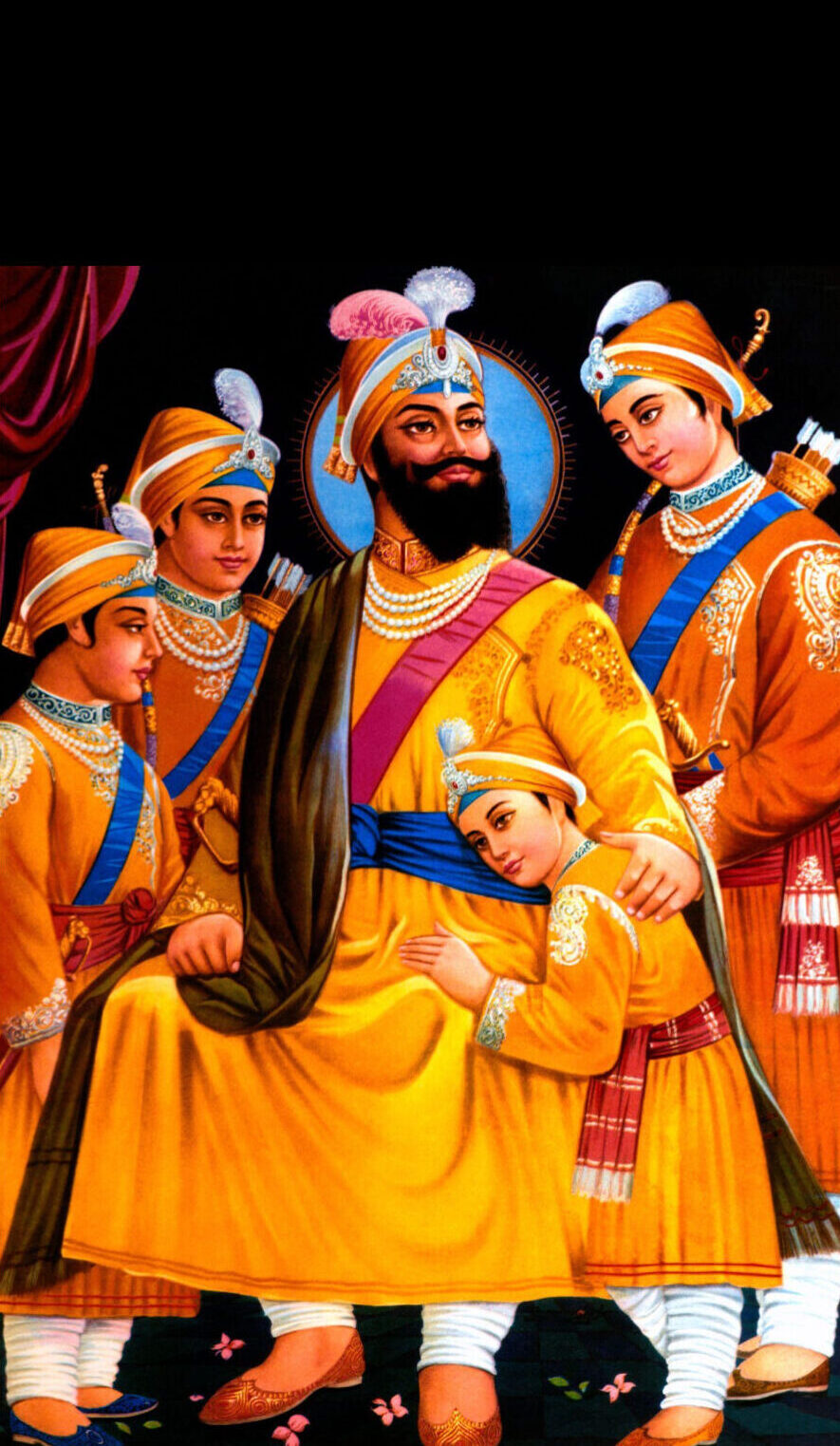Learning objective
- To discuss how some Shinto followers believe suffering can be prevented.
Success criteria
- I can share some Shinto beliefs about kami.
- I
This content is for subscribers only. Join for access today.
Religious Education Council Curriculum Framework for RE in England (non-statutory guidance):
- A3: Explore and describe
This content is for subscribers only. Join for access today.
Cross-curricular links
English
Reading – comprehension
Pupils should be
This content is for subscribers only. Join for access today.
Before the lesson
This content is for subscribers only. Join for access today.
Lesson plan
Recap and recall
Display the Presentation: Odd one out and ask the children to discuss with a partner which group of gods they think might be the odd one out.
This content is for subscribers only. Join for access today.
Extended-mode explainer videos
How to extend your display to view the lesson page and preseantion mode simultaneously. Choose your operating system below to watch the video
If you need further support with extending your display,
please contact [email protected].
Extended-mode explainer video: For Mac
Extended-mode explainer video: For Windows
Adaptive teaching
Pupils needing extra support:
Could use the Activity: Kami to support recording their ideas; could use the Knowledge organiser when reflecting on beliefs from different worldviews.
Pupils working at greater depth:
Should consider how kami might be worshipped for reasons not directly linked with their association to human experiences (such as good fortune); should explore more than one kami and make comparisons.
This content is for subscribers only. Join for access today.
Assessing progress and understanding
Pupils with secure understanding indicated by: explaining some Shinto beliefs
This content is for subscribers only. Join for access today.
Vocabulary definitions
-
shimenawa rope
Braided rope usually signifying a boundary to a sacred space.
-
torii
A gate marking the entrance to a sacred space.
This content is for subscribers only. Join for access today.
In this unit
Assessment - R&W Y6: Why is there suffering? (Part 2)
Lesson 1: What can suffering teach us about happiness?
Lesson 2: What can cause suffering?
Lesson 3: How do some people overcome suffering?
Lesson 4: How can Hukam help in difficult times?
Lesson 5: Who is the best at helping?
Lesson 6: How can beliefs affect our understanding of suffering?





